Discover your future with UCAS
By Nicola Turner – senior fair access adviser, UCAS
Do you know which path you’re going to follow after school, sixth form or college? You might be feeling quite confident about your plans or have a few ideas in mind – or maybe you’re not even sure where to begin. Whatever stage you’re at, it’s always good to have a helping hand – and UCAS can guide you every step of the way.
But isn’t UCAS just the university application service?
It’s what we are best known for, but we offer so much more – including information, advice and guidance on a whole range of options, as well as digital tools to help you make the best decisions for you. So, whether you’re thinking about taking an undergraduate degree, starting an apprenticeship, or considering technical education, UCAS can help.
There’s lots of information available on the UCAS website to support you, whether you’re deciding on a career pathway, looking for an apprenticeship, writing a standout personal statement or getting ready to go to university. To get the information that’s most relevant to you, we recommend signing up to the UCAS Hub – it’s completely free, and we will create a personalised dashboard for you so you can find and save all the information you’ll need in one place.
OK, I’m interested – how can the UCAS Hub help me choose a career?
If you need some direction, start with the Careers Quiz. Answer the questions to see suggestions for possible career pathways and your career-related personality traits. You can repeat the quiz as many times as you like.
If you want to explore certain careers in more depth, or understand where certain subjects might take you, have a look at our industry guides or browse careers. These explain the different jobs available, required qualifications and skills, salary expectations, and routes into the jobs.
I’m considering an apprenticeship – can UCAS help?
Yes – all the career and industry guides above are relevant to you, as are lots of the Hub tools listed below. You can also check out our apprenticeships pages and employer profiles to help you decide if this is the right pathway for you.
If you are ready to start looking for apprenticeship opportunities, you can search on UCAS. Vacancies are listed alongside degree courses so you can see your options side by side – and our information and advice will guide you through making an application.
I’m thinking about going to university – how do I get started?
There are lots of tools to help you research your choices and make your application, including:
Hub Lives – join live or watch recordings of previous events to hear from UCAS experts, universities, students, apprentices and other specialists
Events – find a UCAS exhibition or open day
What to study next – what students with your qualifications went on to study
City and regional guides – decide where in the UK you would like to study
UniBuddy – chat to current UK students about a particular course or university
The Hub is also where you can search for courses and universities – and shortlist the ones you like. You can find details of entry requirements, deadlines and start dates, and how the course is taught and assessed.
When you’re ready to start your UCAS application, we’ll make sure you have the information you need in your dashboard. This is where you will track the status of your application and reply to your offers.
Is there anything I should know about going to university if I come from a military family?
Many universities recognise that you may have had a different educational experience – for example, if you had to move schools frequently, your education may have been disrupted, or your choice of subjects or qualifications may have been limited. Maybe you’ve had fewer opportunities to participate in extracurricular activities or work experience, or you take on caring responsibilities when a parent is deployed. You can read this blog by graduate Lewis Ritchie as he talks about his experience of going to university as an Armed Forces child.
In the UCAS application, there is a question where you can tell universities that your parent(s) were or are in the UK Armed Forces – the MOD explains more in this blog. This information means universities can send you details of support and opportunities – this might help with catching up on any missed knowledge or skills, mentoring, summer schools to help you prepare for higher education, or practical support during your studies. Read more about applying to university as an Armed Forces child.
You may see other questions on the application that relate to your circumstances (e.g. a disability or learning difference) – you can tick any that apply to you. Each university has different support so do your research before applying. Read more about getting support for individual needs.
Some students worry they won’t get an offer if they share information like this, but it will never negatively impact your application. In fact, universities are also keen to know more about you as a person – in some cases they will take your circumstances into consideration when making an offer. This is called contextual admissions.
We know that students from military families often develop strengths that universities value highly, such as being an independent learner or adapting to different situations quickly. You can use the personal statement to showcase these skills: UCAS and SCiP (Service Children’s Progression) Alliance have created guidance to help.
Universities are inclusive environments, welcoming people from a wide diversity of backgrounds and experiences. In fact, UCAS also has advice for Armed Forces leavers and veterans, and military spouses – so if your parents are interested in taking a degree, why not show them this article too!



